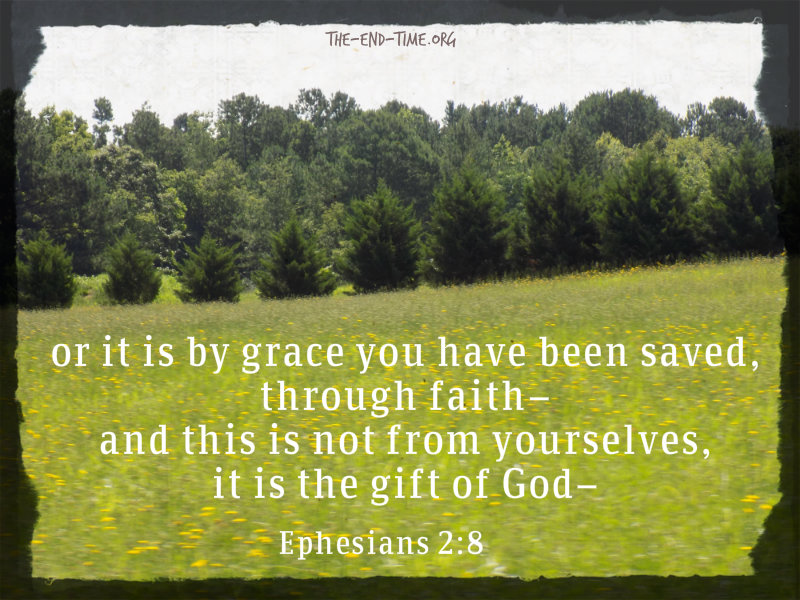By Elizabeth Prata
Words are interesting. I like the word ‘gloaming’. It’s a more romantic and atmospheric word than just ‘dusk’ or even ‘twilight’.
Merriam Webster says of gloaming: “Originally used in Scottish dialects of English, the word traces back to the Old English glōm, meaning “twilight,” which shares an ancestor with the Old English glōwan, meaning “to glow.” In the early 1800s, English speakers looked to Scotland again and borrowed the now-archaic verb gloam, meaning “to become dusk” or “to grow dark.” Source Merriam Webster.
A less academic and more poetic treatment of the word, which is a weather word after all, comes from weather.com:
Gloaming stems from the Old English glōmung, which itself is a derivative of glōm, which means “twilight or darkness.” Dictionary.com notes that gloaming comes from the same root as glōwan, a verb that means “to glow like a coal or fire.” So, while twilight literally means “second light” or “half light,” and emphasizes the light itself, when you use gloaming, it stresses the way the landscape is glowing, the way it looks strangely alive, rather than the light itself.






I went outside at sunset because I heard ducks. Aa bunch of them were waddling toward the pond across the street. What I saw when I looked up to the sky was amazing. A storm front was moving through with boiling clouds scudding from west to east. But they looked like mountains. The scene was of mountains marching to the sea, a stately, purposeful a march with the light behind them changing by the second. The gloaming light tinged the edges of the clouds with gold and silver. They glowed. I was mesmerized.
The light changed from orange to pink to red to yellow moment by moment. The mountainous clouds slid by as if on skates, gliding in a regal progression too majestic to notice mere tiny humans. The photos don’t nearly capture it.
Did you ever wonder why God chose to reveal Himself in words? He could have done so in pictures or in other ways our limited human brains can’t even fathom. But He chose words.
He created worlds, the stars, and us. He set the sun in its course to rise and set, and have it paint the sky while it was rising and setting. He chose color in the world.
My own words aren’t poetic enough to reach the heights of elegance that the clouds and sun and sky reached as I viewed their magnificent display. But God’s mind is such that He chose to give us words. One of them is gloaming. And He chose to give us beauty in the world. God gave me a demonstration of beauty in the gloaming I would not soon forget.
When I consider Your heavens, the work of Your fingers,
The moon and the stars, which You have set in place;
4What is man that You think of him,
And a son of man that You are concerned about him?
(Psalm 8:3-4)






